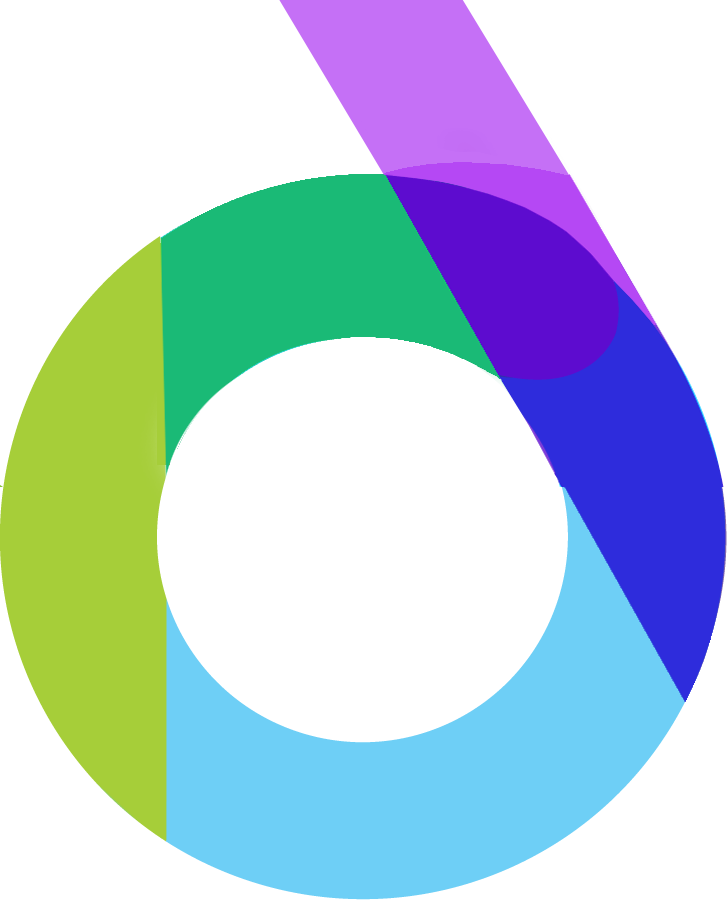blog

Posted On Friday, July 4, 2025
Author: David Armitage (Technical Director)
(Because hiring should feel more like matchmaking and less like an obstacle course!)
This year, a viral article sent shockwaves through the hiring world, declaring “The Death of Traditional Recruitment.” Cue the collective panic of recruiters everywhere. But wait—recruitment isn’t dying. It’s evolving, and fast.
The job market is changing at lightning speed, and companies that refuse to adapt will get left behind. Candidates now expect more than just a job offer—they want a seamless hiring experience that feels intuitive, engaging, and (dare we say it) enjoyable.
This is where Experience Design comes in. It’s not just a fancy buzzword—it’s the future of hiring.
Remember when recruitment was all about job boards and cold emails? Well, those days are over. Just like web design had to adapt to mobile-first thinking, recruitment now has to shift to candidate-first hiring.
🔹 The Rise of AI & Automation: Chatbots, resume screeners, and automated scheduling tools are making hiring smoother (and saving recruiters from drowning in paperwork).
🔹 Multi-Channel Job Hunting: Candidates aren’t just on LinkedIn anymore—they’re browsing job ads on TikTok, Reddit, and even Discord. Are you meeting them where they are?
🔹 Candidate Expectations Are Higher: Ghosting candidates? Forget it. The modern job seeker expects clear communication, personalized interactions, and a process that respects their time.
Just like a good UX designer thinks about how users interact with an app, recruiters now need to think about how candidates interact with the hiring process.
Once upon a time, a company’s website was its entire online presence. Now? It’s just one piece of the puzzle. The same goes for hiring. It’s not just about posting a job and waiting—it’s about crafting an experience.
Candidates today don’t just look at job descriptions; they check company culture, diversity efforts, career growth opportunities, and even Glassdoor reviews before they apply.
Think of hiring as an experience, not just a transaction. The easier and more engaging you make it, the more top talent you’ll attract.
Some people think recruitment is getting easier thanks to job-matching algorithms and DIY hiring tools. And while those can be helpful (hello, LinkedIn Easy Apply), they’re not real recruitment.
⚠️ Pre-made hiring templates ≠ good recruitment.
Sure, automated hiring systems can help, but the real magic happens when recruiters focus on the human side of hiring—building relationships, understanding motivations, and creating an interview process that respects both the company and the candidate.
Templates are great for speed, but experience design is what makes hiring truly work.
With so many jobs available, why should a candidate pick yours? If your answer is “great salary and benefits,” think again. That’s the bare minimum now.
Recruiters need to go beyond job specs and talk about:
Candidates are consumers. They’re choosing where to invest their time and talent. Your job is to make their hiring experience as seamless and compelling as possible.
UX designers don’t just make things look good—they make them work well. Recruiters should do the same.
1️⃣ Awareness: How do candidates first hear about your company? Is your employer brand strong?
2️⃣ Interest: Are your job descriptions engaging, clear, and appealing?
3️⃣ Application: Is applying quick and painless, or does it feel like an unpaid internship?
4️⃣ Interviewing: Is the process respectful of their time, with clear communication?
5️⃣ Offer & Onboarding: Are they excited to join, or just relieved it’s over?
If you get all five steps right, you’re not just hiring—you’re creating an experience candidates will actually enjoy.
Recruitment isn’t just about finding people. It’s about attracting, engaging, and converting top talent in a way that makes them excited to join.
The best recruiters of the future won’t just fill positions. They’ll design experiences that turn passive candidates into eager hires.
So, ask yourself: Is your hiring process built for candidates, or just for your company’s convenience?
The future of recruitment isn’t about job posts. It’s about experience design. Time to level up.